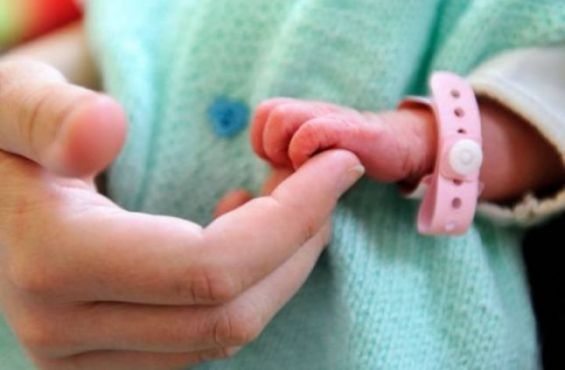The United Nations International Children's Emergency Fund (UNICEF) has recently released its estimated number of babies born on 1 January 2019 and life expectancy by country for these children.
In Morocco, UNICEF estimated that 1 879 births were registered on the first day of the year. These newborns could live up to 2096 and reach an average age of 77 years. In Algeria, births are estimated at 2 407, against 516 in Tunisia, 522 in Mauritania and 335 in Libya.
Juvenile and infant mortality have declined in Morocco and throughout the Maghreb region. In the kingdom, 23 children under the age of five die per 1 000 live births in 2017, according to the estimations of child mortality released last September by UNICEF, the World Health Organization (WHO), the United Nations Population Division and the World Bank Group.
Data suggests that 80 deaths per 1 000 births were registered in 1990, which indicates that Morocco has been able to reduce infant mortality rate in the period between 1990-2017 (ARR) to 4.5%. Regarding infant mortality (for children under one year), the kingdom has a proportion of 20 deaths per 1 000 live births in 2017 compared to 63 deaths in 1990. In total, the kingdom recorded 14 000 deaths last year against 46 000 in 1990.
Little boys are more affected by mortality
As for infants, the proportion of neonatal deaths (infants under 28 days old) has amounted to 14 dead infants per 1 000 live births in 2017, compared to 36 deaths in 1990. In numbers, while Morocco recorded in 1990 nearly 26 000 infant deaths, the country managed to reduce this figure to 10 000 deaths last year.
It is mainly little boys under the age of five who are affected by infant mortality : 30 per 1 000 births, compared to 25 per 1 000 births for girls.
On the women's side, only 1% of those between the age of 15 and 49 received postnatal care during the two days following delivery. In contrast, 77% received antenatal care coverage for at least one medical visit, compared to 55% for at least four medical visits. In addition, 74% of births are attended by medical staff. Finally, 8% of women aged between 20 to 24 gave birth before the age of 18.





 chargement...
chargement...













